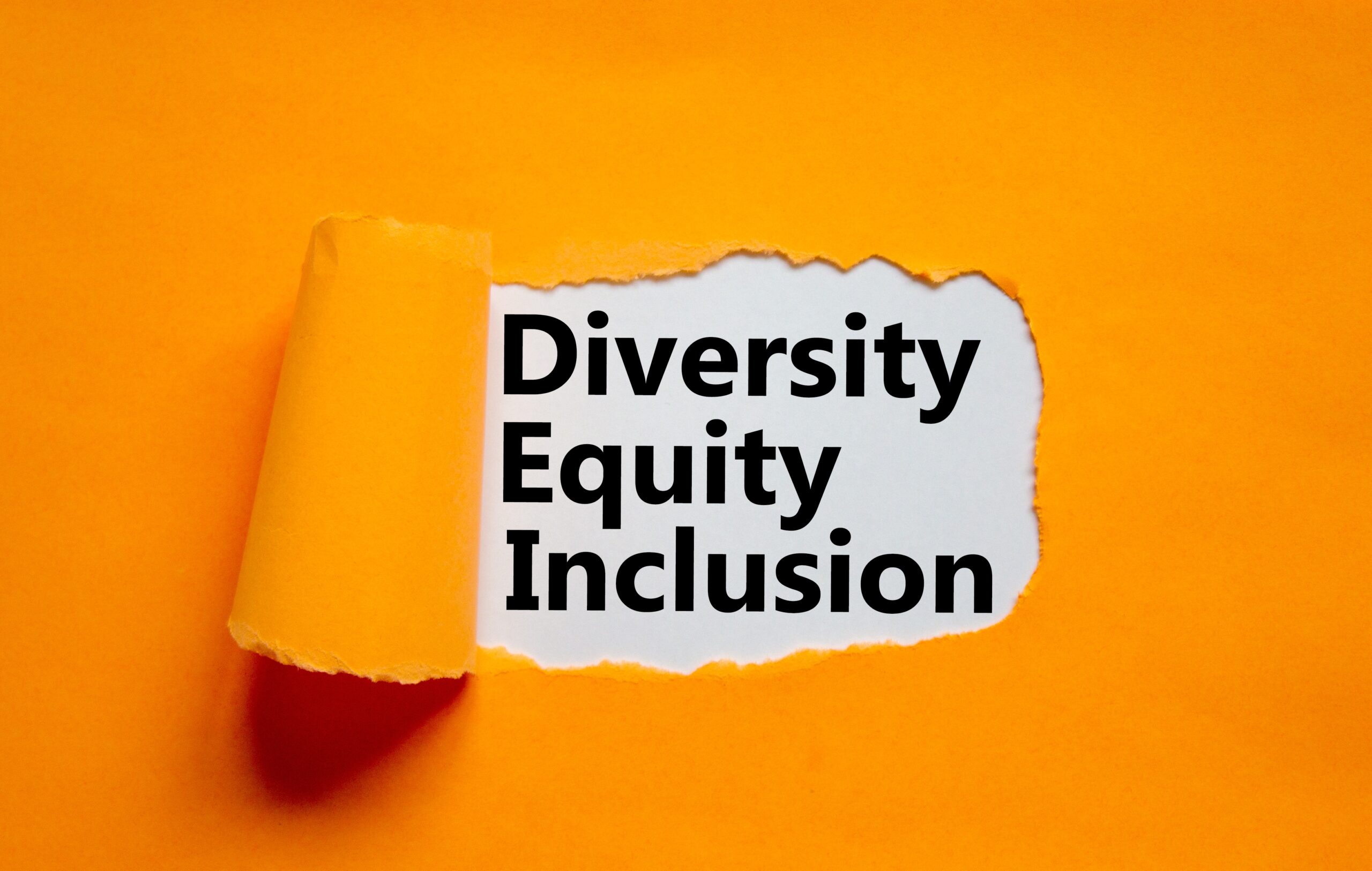How the U.S. and Europe Approach Workplace Diversity: Key Differences and Impacts
by Nafsika Karavida
Diversity, Equity, and Inclusion (DEI) initiatives are an essential part of how companies create fair and equitable workplaces. However, the way DEI is implemented can vary significantly between the United States and Europe. These differences are shaped by cultural, legal, and regulatory factors, resulting in distinct approaches to workplace diversity.
Voluntary Initiatives vs. Regulatory Requirements
In the United States, many companies embrace broad DEI initiatives voluntarily. These programs often form part of their corporate social responsibility efforts or reflect a response to market and shareholder expectations. Because these initiatives are not heavily regulated, companies have the flexibility to tailor their programs to specific needs, allowing for innovation and creativity. However, the level of implementation can vary widely between companies.
In contrast, many European countries require businesses to comply with strict equality-related regulations. For example, the EU mandates gender pay gap reporting, and some European countries enforce boardroom gender quotas to promote gender equity. These legal requirements create consistent baseline standards for diversity efforts across industries. While effective in ensuring accountability, such mandates leave less room for employers to tailor their DEI program compared to the more flexible U.S. model.
Different Priorities and Philosophies
The U.S. approach to DEI often focuses on addressing historical inequities and systemic barriers, such as promoting racial equity and improving inclusion for underrepresented groups. Tools like demographic tracking, employee resource groups (ERGs), and targeted hiring programs are commonly used to achieve these goals.
In Europe, diversity efforts are more closely aligned with broad human rights principles. European policies emphasize anti-discrimination and workplace equality rather than targeted interventions. Cultural sensitivities around race and stricter privacy laws – like those under the General Data Protection Regulation (GDPR) – also limit the collection and use of demographic data, making U.S.-style initiatives less feasible.
Civil Rights Laws and Enforcement
While Europe may have more visible regulatory oversight in areas like gender equity, the United States enforces robust civil rights laws at the federal level, such as the Civil Rights Act (of 1964), along with additional state and local anti-discrimination laws. Breaching these laws can result in significant financial penalties for employers, which drives compliance-focused initiatives.
A Shifting Landscape in the U.S.
The landscape for DEI in the U.S. is currently evolving. In his inaugural speech, President Trump articulated a vision for a “colorblind and merit-based” society. In anticipation of President Trump’s stance on DEI, several major U.S. corporations – such as Meta, Walmart, and John Deere – had already announced rollbacks of their DEI programs. Many others are expected to follow suit, signaling a potential shift in how companies approach diversity and inclusion.
Navigating Differences in Global DEI Strategies
For companies operating in both the U.S. and Europe, these differences require careful navigation. In the U.S., businesses must balance compliance with anti-discrimination laws while leveraging the flexibility to create innovative DEI initiatives. Meanwhile, in Europe, organizations must adhere to regulatory requirements while respecting cultural sensitivities and data privacy laws.
Ultimately, understanding and adapting to these regional differences is essential for global businesses to foster truly inclusive workplaces.

This article is intended as a general discussion of these issues only and is not to be considered legal advice or relied upon. For more information, please contact RPJ Senior Associate Nafsika Karavida who counsels clients on employment, intellectual property, corporate and transactional, and cross-border commercial law. Ms. Karavida is admitted to practice law in Connecticut, New York, Sweden, the European Union, and before the United States Patent and Trademark Office (limited recognition, passed Patent Bar Exam March 2023, admission pending).

